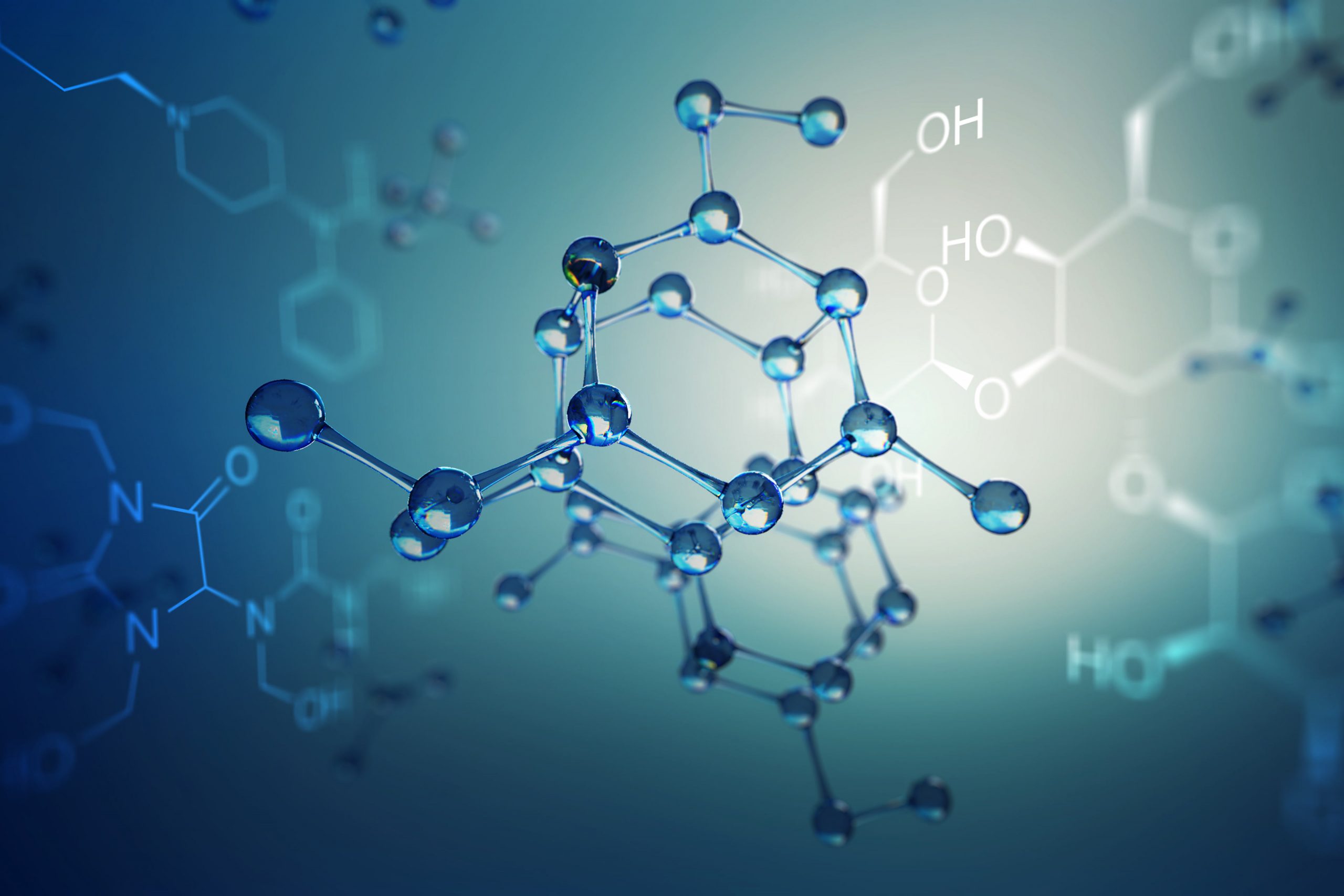Itching, also known as pruritus, is a common and bothersome sensation that can be caused by various factors. In this blog post, we will delve into the world of chemicals and explore the specific substances that can trigger itching. By understanding these culprits, we can take proactive measures to minimize exposure and alleviate discomfort. So, let's dive in and uncover the secrets behind itching-inducing chemicals.
- Synthetic Fragrances:
Synthetic fragrances are ubiquitous in our daily lives, found in perfumes, cosmetics, cleaning products, and even some food items. These fragrances often contain volatile organic compounds (VOCs) such as phthalates, which can irritate the skin and lead to itching. To avoid this, opt for fragrance-free or naturally scented products. - Harsh Detergents and Cleansers:
Many detergents and cleansers contain harsh chemicals like sodium lauryl sulfate (SLS) and sodium laureth sulfate (SLES). These surfactants can strip the skin of its natural oils, disrupt the skin barrier, and cause itching. Look for gentle, sulfate-free alternatives to minimize the risk of irritation. - Allergenic Preservatives:
Preservatives like parabens and formaldehyde-releasing agents are commonly used in cosmetics, skincare products, and personal care items to prevent microbial growth. However, these substances can trigger allergic reactions, including itching, in sensitive individuals. Opt for products labeled as "paraben-free" or "preservative-free" to reduce the likelihood of irritation. - Nickel and Other Metals:
Metal allergies, particularly to nickel, can manifest as itching and skin rashes. Nickel is commonly found in jewelry, belt buckles, zippers, and even some electronic devices. If you suspect a metal allergy, choose hypoallergenic or nickel-free alternatives and minimize direct skin contact with nickel-containing items. - Pesticides and Insecticides:
Certain pesticides and insecticides, such as pyrethroids, organophosphates, and carbamates, can cause skin irritation and itching upon contact. When using these chemicals for pest control, follow safety guidelines, wear protective clothing, and ensure proper ventilation to minimize exposure. - Medications:
Some medications, including antibiotics, antifungals, and painkillers, can have itching as a side effect. If you experience persistent itching while taking medication, consult your healthcare provider for alternative options or additional treatments to manage the symptoms.
Conclusion:
Itching can be triggered by a wide range of chemicals found in everyday products and environments. By being aware of these culprits and taking proactive measures to minimize exposure, we can reduce the risk of itching and its associated discomfort. Remember to choose fragrance-free, gentle cleansers, opt for preservative-free products, avoid nickel-containing items, take precautions when using pesticides, and consult a healthcare provider if medication-related itching occurs. Stay informed, stay itch-free!

